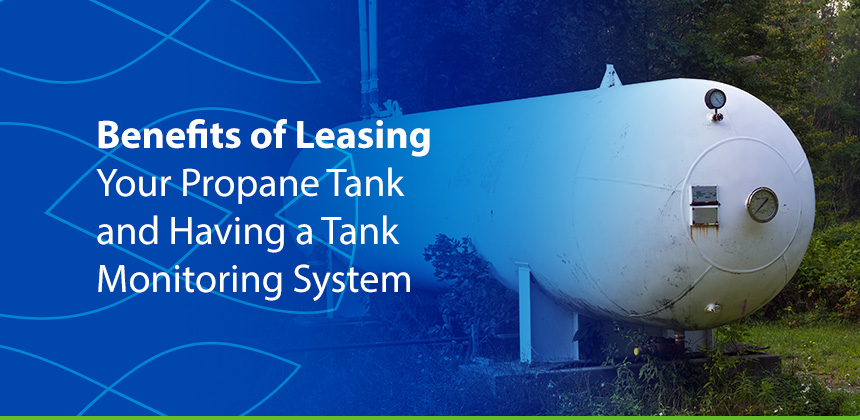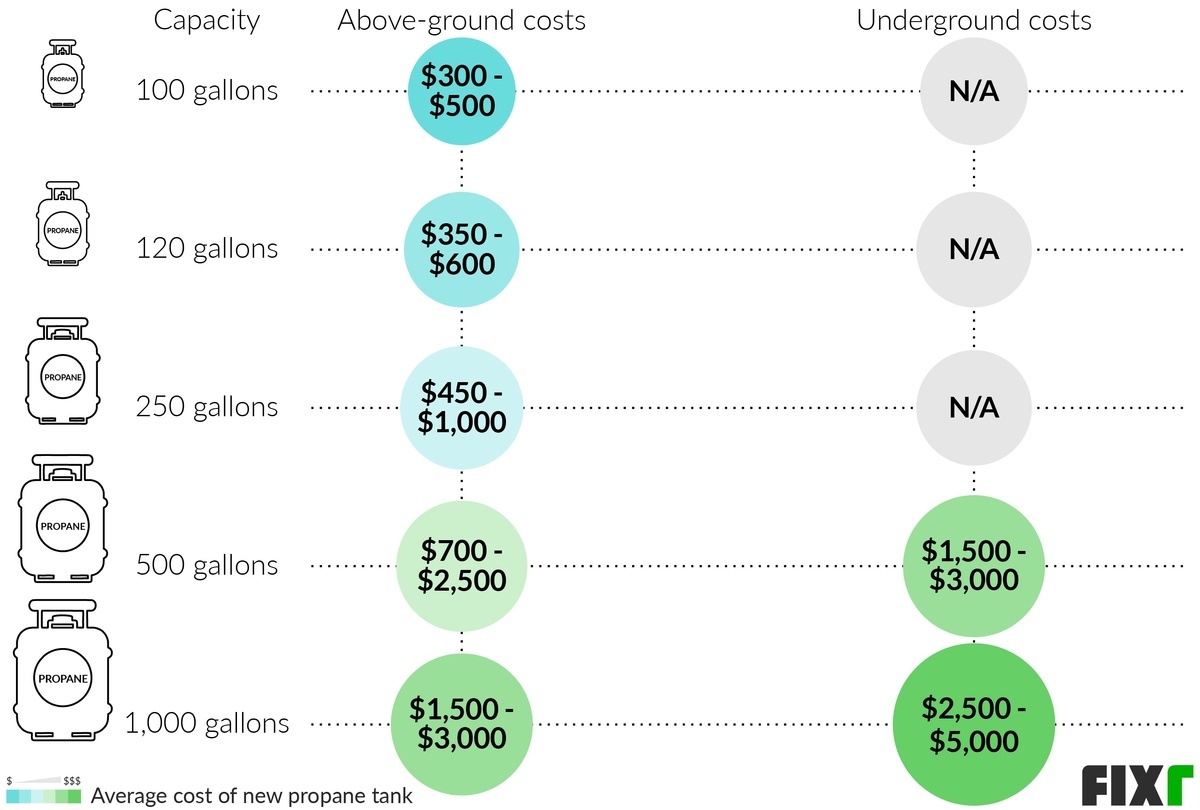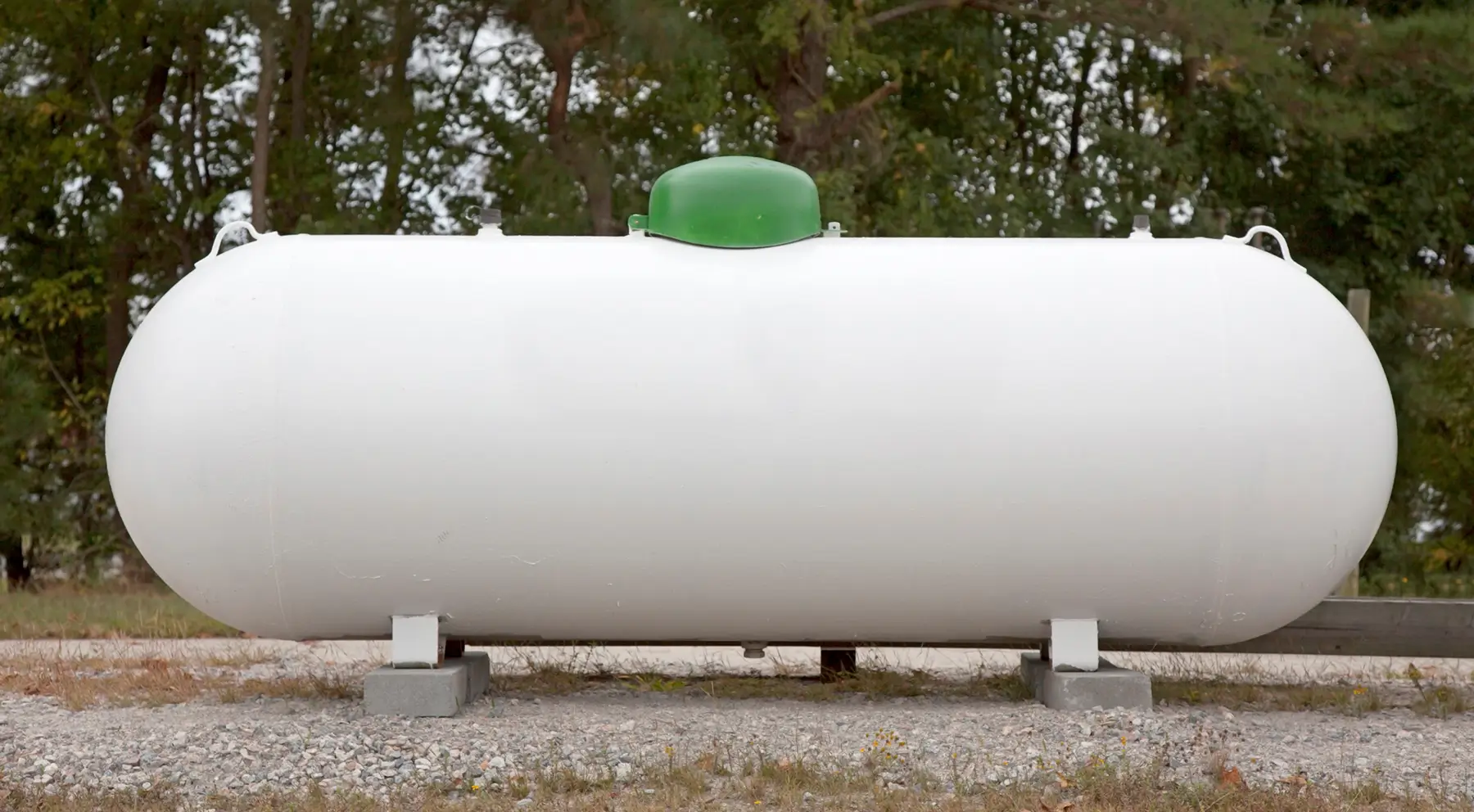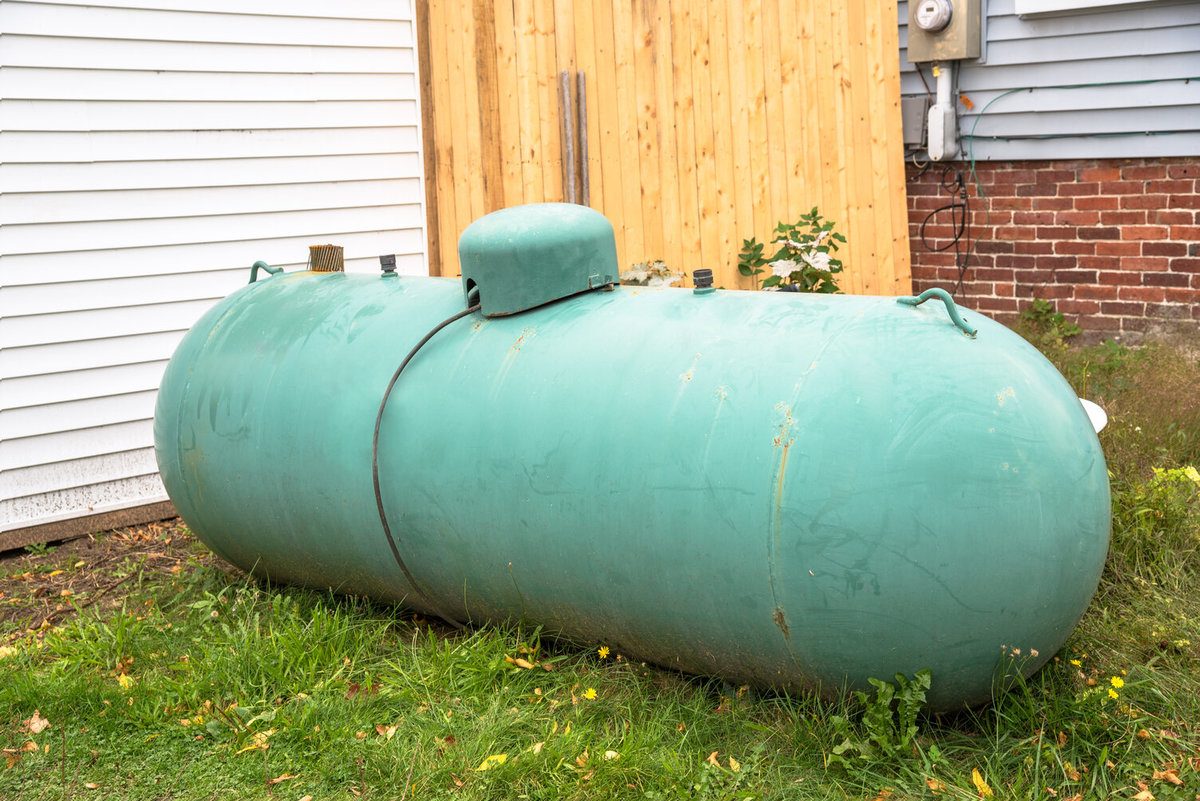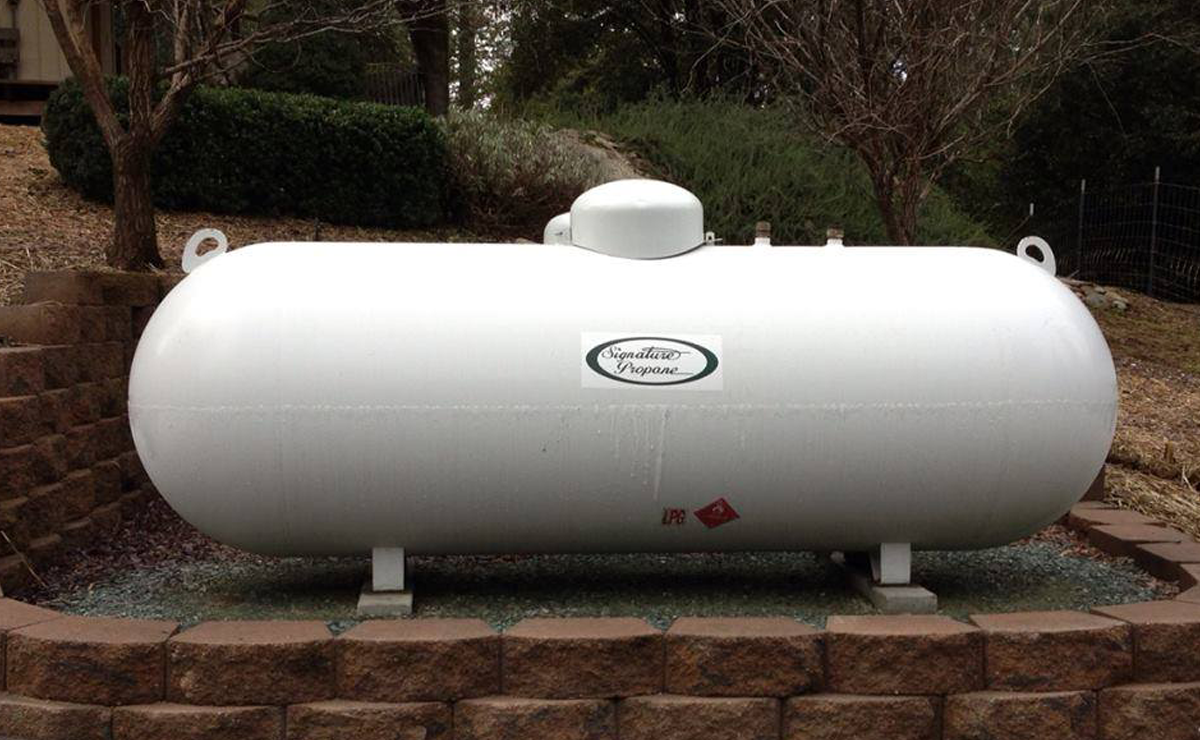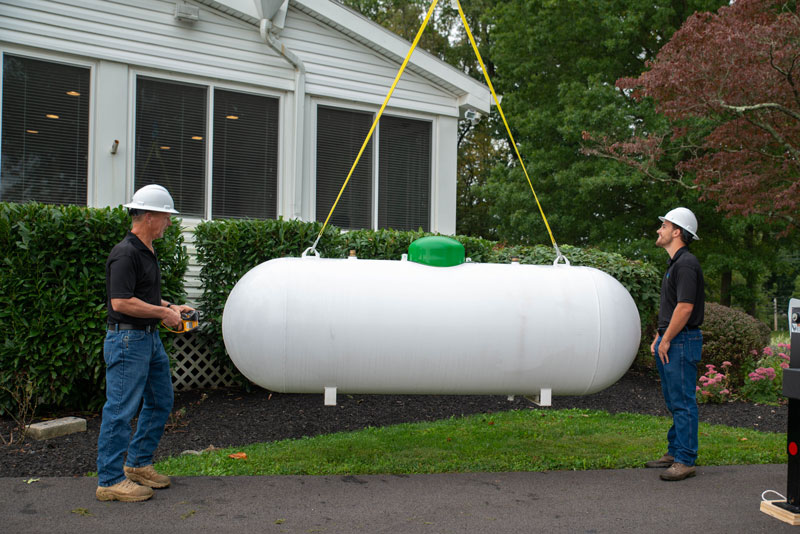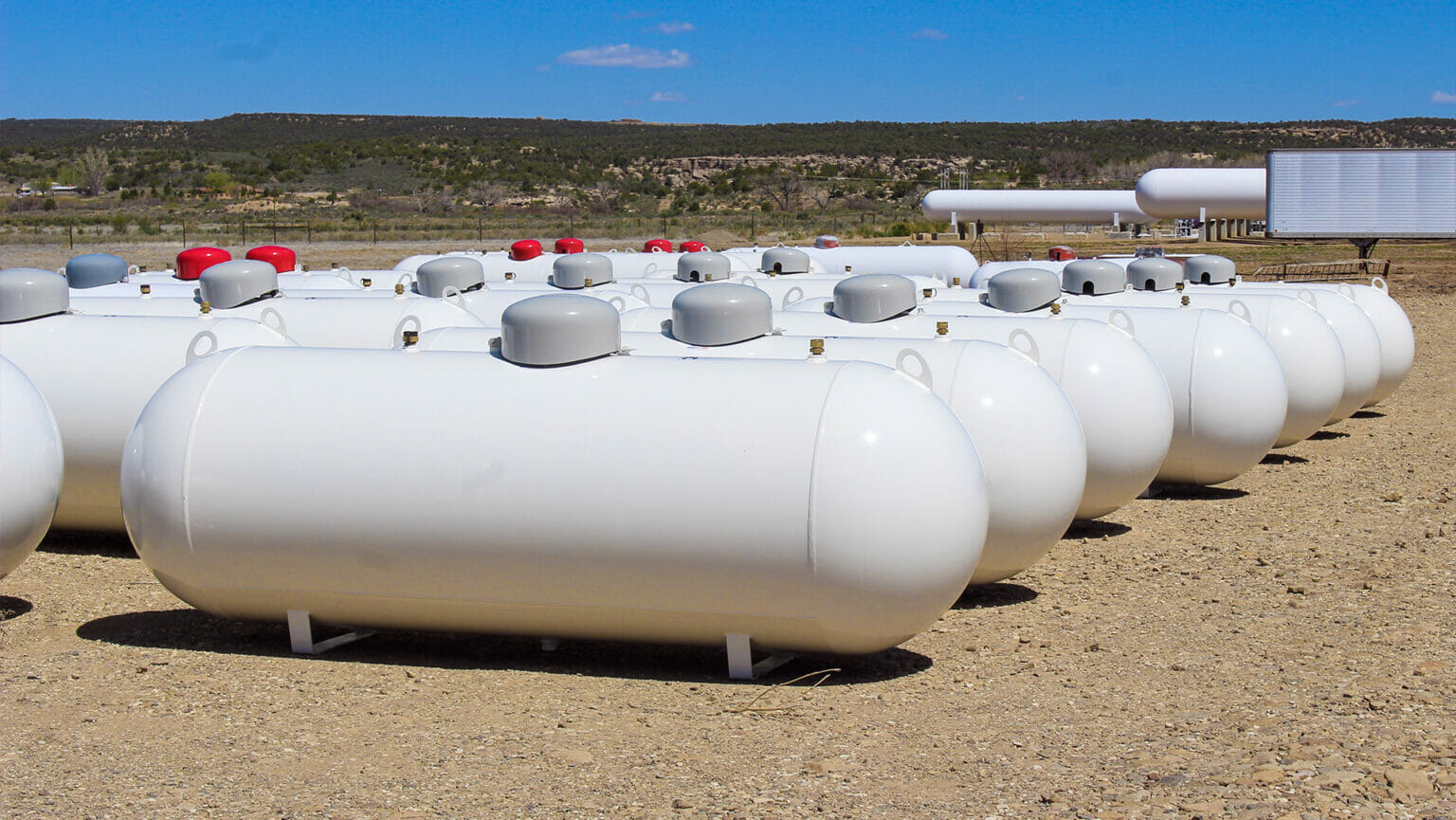Cost Of Leasing A Propane Tank

Propane is a versatile and efficient fuel source used for heating, cooking, water heating, and various other applications. If you're considering using propane, you'll likely need a propane tank. While purchasing a tank is an option, many homeowners and businesses choose to lease. Understanding the cost of leasing a propane tank is crucial for budgeting and making an informed decision. This guide will break down the factors influencing lease prices, typical costs, and important considerations to help you navigate the process.
Factors Affecting Propane Tank Lease Costs
Several factors influence the cost of leasing a propane tank. These can vary significantly depending on your location, supplier, and specific needs.
Tank Size
The size of the propane tank is a primary determinant of the lease cost. Larger tanks, naturally, cost more to lease than smaller ones. Common residential propane tank sizes include: 120-gallon, 250-gallon, 500-gallon, and 1000-gallon tanks. A 120-gallon tank is usually sufficient for powering a few appliances, while a 500 or 1000-gallon tank is better suited for whole-house heating or larger commercial applications.
Supplier
Different propane suppliers offer varying lease rates. It's always a good idea to get quotes from multiple suppliers in your area to compare pricing and terms. Some suppliers may offer promotional rates or discounts to new customers, so be sure to ask about any available incentives.
Lease Agreement Terms
The terms of the lease agreement can greatly impact the overall cost. Factors to consider include:
- Lease Duration: Longer lease terms may sometimes come with lower monthly or annual rates. However, carefully evaluate your long-term needs before committing to an extended lease.
- Minimum Usage Requirements: Some lease agreements require you to purchase a minimum amount of propane annually. Failure to meet this requirement may result in penalties or increased lease rates.
- Maintenance and Repair Responsibilities: Understand who is responsible for tank maintenance and repairs. Typically, the propane supplier covers these costs, but it's crucial to clarify this in the lease agreement.
- Renewal Terms: Know the terms of the lease renewal, including any potential price increases.
Location
Your geographic location can influence propane tank lease costs. Areas with higher demand for propane or limited competition among suppliers may have higher lease rates. Transportation costs can also factor into the price, especially if you live in a remote area.
Installation Costs
While the lease covers the tank itself, installation costs are usually separate. These costs can vary depending on the complexity of the installation, including factors like:
- Trenching: If the propane line needs to be buried underground, trenching will be required.
- Permits: Local permits may be required for propane tank installation.
- Regulator Installation: A regulator is needed to control the flow of propane from the tank to your appliances.
- Gas Line Connections: Connecting the propane tank to your existing gas lines requires specialized skills and equipment.
Insurance
Your propane supplier will typically have insurance coverage for the tank itself. However, you should confirm this and understand the extent of their coverage. You may also want to consider your own homeowner's or business insurance to cover any potential liability issues related to the propane tank on your property.
Typical Propane Tank Lease Costs
While prices vary, here's a general overview of typical propane tank lease costs:
- Small Tanks (120-250 gallons): These tanks are often leased for around $50 to $150 per year. They are typically used for powering appliances like stoves, water heaters, or clothes dryers.
- Medium Tanks (500 gallons): A 500-gallon tank lease can range from $75 to $250 per year. These are suitable for whole-house heating in smaller homes or for multiple propane appliances.
- Large Tanks (1000 gallons): Leasing a 1000-gallon tank generally costs between $100 to $400 per year. These are used for larger homes, commercial properties, or agricultural applications.
It's important to remember that these are just estimates. Contact local propane suppliers for accurate quotes specific to your needs and location. Also, inquire about any installation fees or other associated costs.
Hidden Costs and Fees to Watch Out For
Beyond the base lease price, be aware of potential hidden costs and fees that can add to the overall expense:
- Delivery Fees: Some suppliers charge delivery fees for propane refills, especially for smaller deliveries.
- Minimum Purchase Requirements: As mentioned earlier, failing to meet minimum purchase requirements can lead to penalties.
- Early Termination Fees: If you cancel the lease before the agreed-upon term, you may be subject to early termination fees.
- Tank Removal Fees: When the lease ends, there may be a fee for the propane supplier to remove the tank from your property.
- Environmental Fees: Some regions may have environmental fees associated with propane storage and handling.
Carefully review the lease agreement to identify any potential hidden costs or fees before signing.
Leasing vs. Buying a Propane Tank
The decision to lease or buy a propane tank depends on your individual circumstances and long-term plans. Here's a comparison of the pros and cons of each option:
Leasing
Pros:
- Lower upfront cost: Leasing requires a smaller initial investment compared to buying.
- Maintenance and repairs included: The propane supplier is typically responsible for tank maintenance and repairs.
- Convenience: You don't have to worry about tank ownership responsibilities.
Cons:
- Ongoing costs: You'll pay lease fees for the duration of the agreement.
- Limited control: You may be restricted to purchasing propane from the leasing supplier.
- Potential for hidden fees: Be aware of potential hidden costs and fees in the lease agreement.
Buying
Pros:
- Long-term cost savings: Over time, buying can be more cost-effective than leasing.
- Flexibility: You can choose any propane supplier you prefer.
- Increased property value: Owning a propane tank can potentially increase your property value.
Cons:
- Higher upfront cost: Buying a propane tank requires a significant initial investment.
- Maintenance and repair responsibilities: You are responsible for all tank maintenance and repairs.
- Depreciation: The value of the tank will depreciate over time.
If you plan to use propane for a long time and prefer greater control over your fuel supply, buying a tank might be the better option. However, if you prefer lower upfront costs and hassle-free maintenance, leasing may be more suitable.
Tips for Negotiating a Propane Tank Lease
Negotiating a propane tank lease can help you save money and secure favorable terms. Here are some tips:
- Get multiple quotes: Compare lease rates and terms from several propane suppliers.
- Inquire about discounts: Ask about promotional rates, new customer discounts, or volume discounts.
- Negotiate the lease duration: Consider a shorter lease term if you're unsure about your long-term propane needs.
- Negotiate minimum usage requirements: Try to negotiate a lower minimum usage requirement if you don't expect to use much propane.
- Clarify maintenance and repair responsibilities: Ensure that the propane supplier covers all tank maintenance and repairs.
- Read the fine print: Carefully review the entire lease agreement before signing.
- Don't be afraid to walk away: If you're not satisfied with the terms offered, be prepared to walk away and explore other options.
Conclusion
Understanding the cost of leasing a propane tank is essential for making an informed decision about your propane needs. By considering the factors influencing lease costs, comparing quotes from multiple suppliers, and negotiating favorable terms, you can secure a propane tank lease that fits your budget and requirements. Remember to carefully review the lease agreement and be aware of potential hidden costs or fees. Whether you choose to lease or buy, propane can be a reliable and efficient fuel source for your home or business.
